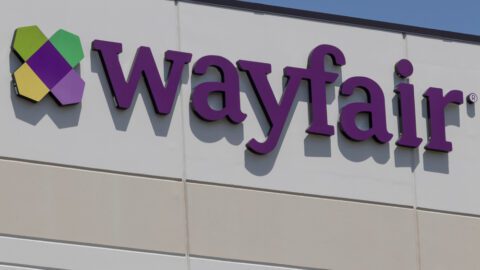Groupon is set to lay off approximately 1,100 global employees by September 2016 as part of companywide restructuring, according to a recent regulatory filing. The company will incur a $35 million pre-tax charge for severance and compensation benefits, including $22 million to $24 million in Q3 2015 alone.
The layoffs represent approximately 10% of Groupon’s 12,000 employees, and will primarily take place in the international deal factory and customer service departments, according to a company blog post. Groupon will shutter operations in seven countries as part of the restructuring plan: Morocco, Panama, the Philippines, Puerto Rico, Taiwan, Thailand and Uruguay.
These closures were announced following recent exits in Greece and Turkey, as well as the August sale of a controlling stake in Groupon India to venture capital fund Sequoia India. In April, Groupon also sold a 46% controlling stake in Ticket Monster, its South Korean e-Commerce business, for $360 million.
“We saw that the investment required to bring our technology, tools and marketplace to every one of our more than 40 countries isn’t commensurate with the return at this point,” said Rich Williams, Chief Operating Officer at Groupon, in the post. “We believe that in order for our geographic footprint to be an even bigger advantage, we need to focus our energy and dollars on fewer countries. So, we decided to exit a number of countries where the required investment and market potential don’t align.”
The restructuring plan, referred to as the One Playbook initiative, is designed to build long-term growth by focusing on Groupon’s core and replacing disparate operations with products and tools that drive the North American business.
“It’s not easy to lose some great members of the Groupon family,” Williams wrote. “Yet just as our business has evolved from a largely hand-managed daily deal site to a true e-Commerce technology platform, our operational model has to evolve.”
Groupon recently has faced slowing customer growth, and has struggled to add higher-margin inventory, according to The Wall Street Journal. Shares of the company are down approximately 50% since March 2015, and down 84% since going public in November 2011.












